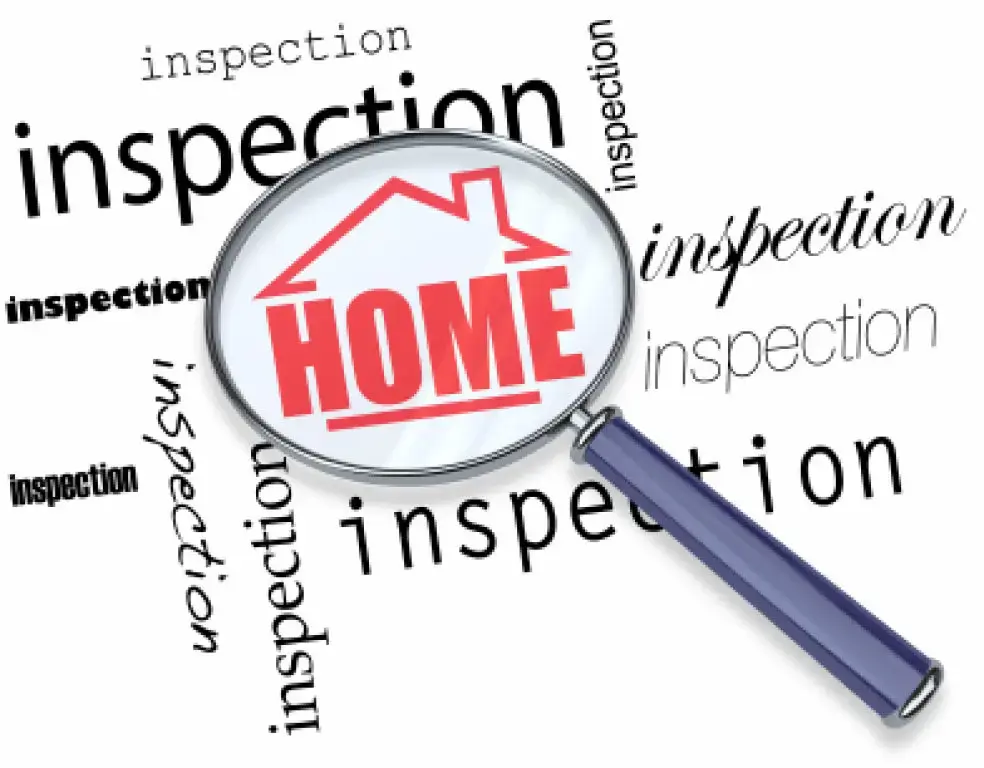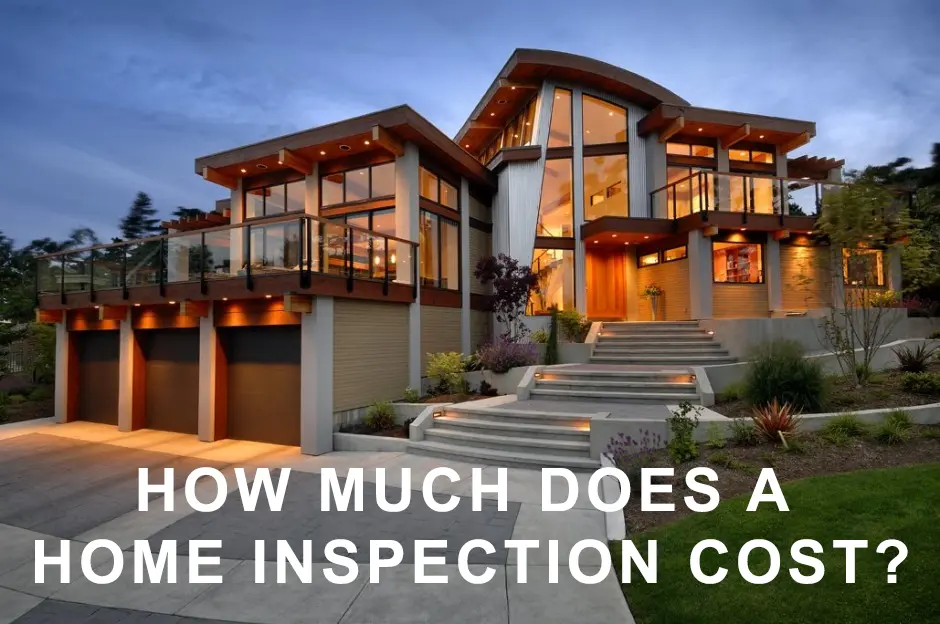Yes — home inspector insurance is essential to protect your business from financial risks, legal claims, and licensing issues. Whether you’re just starting out or have years of experience, carrying the right insurance ensures you’re prepared for any unexpected incident on the job.
This guide explains everything you need to know, including what it covers, why it matters, and how to choose the best policy for your needs.

Content
What Is Home Inspector Insurance?
Home inspector insurance is a form of business protection designed specifically for professional home inspectors. It safeguards against risks such as client property damage, legal claims, and professional mistakes made during the inspection process.
There are several forms of coverage often included in a policy, such as:
- General liability insurance for home inspectors
- Errors and omissions insurance for home inspectors
- Professional liability insurance
- Optional add-ons like tools and equipment coverage or commercial auto insurance
This coverage helps inspectors stay compliant with local laws while maintaining a high level of trust with clients.
What Does Home Inspector Insurance Cover?
Depending on your provider and policy, Best home inspector insurance may include:
- Bodily injury protection if a client is hurt during an inspection
- Property damage liability if you accidentally damage the client’s home
- Legal defense and settlement costs from covered claims
- Errors or omissions in your inspection reports
Understanding what does homes inspector insurance cover ensures you know where you’re protected—and where you’re not.
Types of Homes Inspector Insurance You May Need
To protect your business comprehensively, you’ll likely need a combination of policies. Below are the most common types:
1. General Liability Insurance for Home Inspectors
This foundational coverage protects against third-party injury or damage claims that occur during your inspection.
2. Errors and Omissions Insurance for Home Inspectors
Also known as E&O insurance, this covers you if you make a mistake or overlook a major issue in your inspection report that causes financial loss to the client.
3. Professional Liability Insurance
While similar to E&O, this broader policy can also cover issues like miscommunication, professional negligence, or incorrect advice given during an inspection.
4. Workers’ Compensation Insurance
If you employ staff, most states require this to cover workplace injuries.
Together, these policies offer a strong defense against risks covered under homes inspector insurance.
Is Homes Inspector Insurance Required by Law?
In many cases, yes. Best Home inspector insurance requirements by state vary, but most states require proof of insurance before issuing or renewing your license.

For example:
- Texas and New York require both general liability and E&O insurance.
- Florida mandates a minimum amount of liability coverage.
- Other states may have different or optional standards.
To stay compliant, check your local regulations to know if homes inspector insurance is mandatory in your area.
How Much Does Homes Inspector Insurance Cost?
The cost of homes inspector insurance depends on several factors, including:

- The size of your business
- Your location
- The number of inspections you complete annually
- Coverage limits and policy type
- Whether you’re a full-time or part-time home inspector
On average:
- General liability insurance can range from $400–$700 per year
- E&O insurance costs typically fall between $800–$1,200 annually
Some providers offer bundled options for insurance for part-time home inspectors at reduced rates due to lower exposure.
How to Get the Right Home Inspector Insurance
Follow these steps to find the best coverage for your needs:
- Assess your risks
Consider how often you inspect, your work environment, and client expectations. - Decide on coverage
Determine whether you need just liability insurance or additional options like E&O, tools coverage, or commercial auto. - Compare home inspector insurance providers
Get quotes from multiple companies and review what’s included. - Understand the policy terms
Watch for exclusions, claim limits, and deductible requirements. - Purchase and maintain your policy
Keep your coverage up to date, especially if your workload or staff grows.
Learning how to get homes inspector insurance allows you to make informed, cost-effective decisions that protect your future.
Best Home Inspector Insurance Companies to Consider
Here are some of the best home inspector insurance companies known for industry-specific protection:
| Insurance Provider | Key Benefits |
|---|---|
| Inspector Pro | Specializes in E&O and liability for inspectors |
| Next Insurance | Quick online quotes and flexible coverage |
| Hiscox | Great for small or part-time inspectors |
| InterNACHI Program | Offers discounted plans for certified inspectors |
Make sure to compare homes inspector insurance providers based on your needs and risk exposure.
Home Inspector Insurance vs General Contractor Insurance
These two types of coverage serve different purposes. Here’s a breakdown:
| Category | Home Inspector Insurance | General Contractor Insurance |
|---|---|---|
| Industry Focus | Inspection services | Construction and renovation |
| Common Coverage | E&O, liability | Builder’s risk, workers’ comp |
| Risk Level | Moderate | High (physical worksite risks) |
Homes inspector insurance vs general contractor insurance differs mainly in scope. Inspectors deal more with reporting errors, while contractors face physical and structural risks.
Mistakes to Avoid When Buying Home Inspector Insurance
Be cautious of these common errors:

- Underinsuring
Don’t just meet state minimums. Your risk profile may require more coverage. - Ignoring exclusions
Some policies won’t cover claims involving mold or asbestos unless specified. - Failing to update policies
If your business grows or services change, update your coverage accordingly.
Understanding how much E&O insurance do home inspectors need often depends on client contracts and your state’s regulations.
Conclusion
Investing in homes inspector insurance is not just a legal necessity—it’s a practical safeguard for your business. From errors and omissions insurance to general liability insurance for home inspectors, the right coverage keeps you protected from costly lawsuits and unexpected incidents.
Whether you’re a seasoned pro or just getting started, securing the proper insurance helps you operate confidently, meet regulatory demands, and build a strong reputation.
FAQs
What is E&O insurance in home inspection?
It covers claims of professional mistakes or oversights in your inspection report that lead to client financial loss.
Is home inspector insurance required in every state?
No, but most states do require at least general liability or E&O coverage for licensing.
What are the benefits of home inspector insurance?
It protects against lawsuits, boosts client confidence, and ensures compliance with local regulations.

With a passion for matching clients with their dream homes, Mary’s experience and knowledge of the real estate market make her a trusted advisor. She’s your go-to expert for buying or selling properties in the heart of the city.



